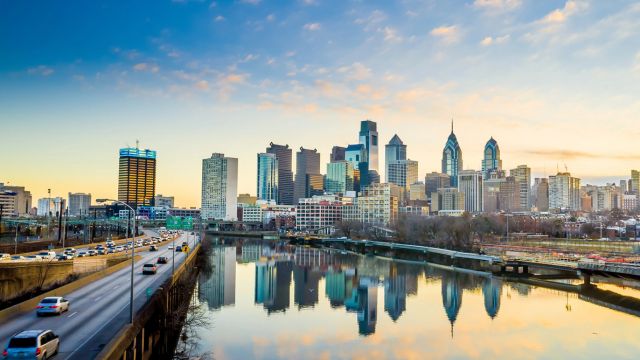Pennsylvania, situated in the northeastern United States and boasting a population of approximately 13 million, is renowned for its historical, cultural, and natural significance. However, amidst its beauty, the state faces a pressing issue of drug trafficking, notably prominent in its largest city, Philadelphia. In this blog, we will delve into the causes and repercussions of Philadelphia’s drug trafficking predicament, along with potential solutions.
The Reasons
Philadelphia’s status as the drug trafficking capital of Pennsylvania stems from various interconnected factors:
Location and Accessibility: Philadelphia, with its population of 1.6 million, serves as a major transportation hub with access to highways, railways, airports, and ports. This strategic location makes it an appealing gateway for drug traffickers to distribute narcotics across the state and the nation.
Demand and Supply: High levels of poverty, unemployment, homelessness, and mental health issues drive a substantial demand for drugs in Philadelphia. The city also contends with a diverse supply of drugs, including heroin, fentanyl, cocaine, and methamphetamine, sourced from both domestic and foreign origins.
Gangs and Violence: With an estimated 10,000 gang members, Philadelphia grapples with a serious gang problem. Gangs are not only involved in drug trafficking but also partake in other criminal activities, contributing to a heightened level of violence, including homicides and shootings, often stemming from drug disputes and turf wars.
The Consequences
The prevalence of drug trafficking in Philadelphia yields severe consequences affecting public health, safety, social and economic well-being, and justice:
Public Health and Safety: Drug trafficking significantly threatens public health, leading to drug abuse, addiction, overdose, and fatalities. Philadelphia reported the highest number of drug overdose deaths in the state, with 1,150 fatalities in 2020, primarily involving opioids, particularly the potent synthetic opioid, fentanyl.
Social and Economic Well-being: The social and economic fabric of the city is undermined by drug trafficking, impacting residents’ quality of life, education, employment, and income. It fosters an environment of fear, distrust, and insecurity, hindering social cohesion and economic development.
Justice and Human Rights: Drug trafficking violates human rights and challenges the justice and democracy of the state and nation. It contributes to corruption, money laundering, and terrorism, eroding the rule of law and public confidence in authorities.
The Solutions
Addressing Philadelphia’s drug trafficking issue requires a multifaceted approach:
Prevention and Education: Raising awareness through comprehensive drug prevention programs, promoting positive alternatives, and involving community leaders as mentors can mitigate risk factors for drug trafficking and abuse.
Treatment and Recovery: Ensuring accessible and affordable drug treatment and recovery services, including medication-assisted treatment, counseling, and peer support, is vital for the well-being of those affected.
Enforcement and Cooperation: Improving the investigation and prosecution of drug trafficking cases, enhancing drug and asset seizure efforts, and fostering collaboration among local, state, federal, and international agencies are crucial for justice and deterrence.
The Conclusion
Philadelphia’s drug trafficking problem demands urgent and comprehensive action, encompassing crime, justice, health, education, development, and human rights. Collaborative efforts, marked by courage, compassion, and commitment, present an opportunity to create a safer, healthier, and more prosperous city for all.

